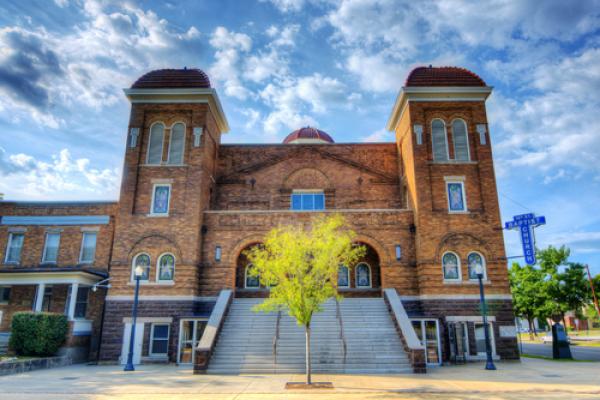Jan 20, 2014
There is no question that our nation is currently deeply divided about a great many issues. In our effort to enshrine him, some may have lost sight that Dr. Martin Luther King Jr. too addressed a nation that was divided. With all the media focus on the 50th anniversary of the Kennedy assassination this past fall, the 50th anniversary of another great national tragedy received little notice. On September 15, 1963, white racists bombed the 16th Street Baptist Church in Birmingham, Ala., killing four young African-American girls who were attending Sunday school.
Read the Full Article

Already a subscriber? Login
